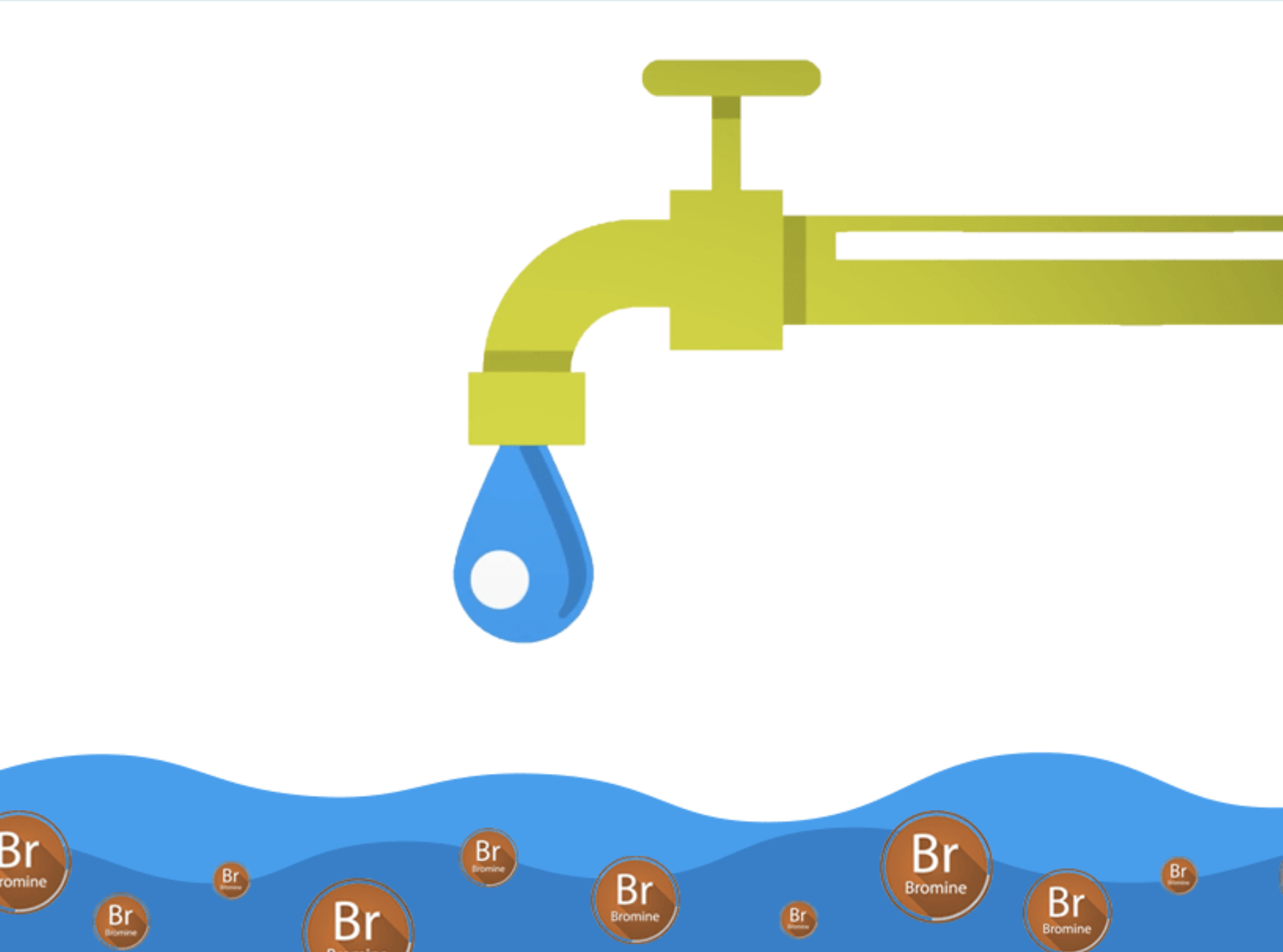Those of you who own swimming pools are aware of how crucial it is to keep the pool clean. Additionally to maintaining the hygienic standards of your pool's equipment, it is essential. Making the perfect choice for your pool may be challenging, though, with so many water treatment chemicals on the market. The chemicals that assist maintain your pool clean will be covered in this article.
Introduce:
The water in your pool has to be kept clean and free of dangerous germs in order to be properly maintained. Your pool might easily turn into a haven for hazardous bacteria and algae if the water is not properly treated. This may irritate your skin and eyes, make you sick, or even harm the pool's machinery. Fortunately, there are several of water treatment chemicals on the market that may assist you in keeping your pool clean.
We'll go through the pool water treatment chemicals you should think about in this post.
Chlorine:
One of the most well-liked and efficient chemicals for swimming pool water treatment is chlorine. It successfully eliminates hazardous bacteria, viruses, and germs from the water. It is simple for any pool owner to use because it is available in a number of forms, including pills, granules, and liquids.
Bromine:
Products containing bromine can efficiently rid water of dangerous pollutants. Hypobromous acid (HBrO) is created when bromine dissociates in water. This has potent disinfection qualities since it may destroy the cells of several infections. It is effective against numerous germs as well as viruses that are difficult to spread by water, such rotavirus and polio.

Algaekillers:
Chemicals used in water treatment known as algaecide are created particularly to prevent and treat algal development in swimming pools. Algae may make your pool appear unclean and even make the surfaces slick. Algicide can be applied to your pool as a preventative step or used to treat an existing algae problem. It comes in liquid and granular form.
pH Regulator:
To ensure that your water treatment chemicals work as intended, the proper pH level must be maintained. A substance called a pH adjuster aids in balancing the pH of your swimming pool's water. Too high or too low a pH can alter how well chlorine and other water treatment agents work.
Clarifier:
A clarifying agent is a substance used in water treatment that helps clear murky water by clumping together tiny particles so they are simpler to filter out. Clearers are available in both liquid and granular forms, and they can be used both as a preventative measure and as a remedy for hazy water.
Metal Cleaner:
Metal cleaners are water treatment chemicals that assist in removing metals from your pool's water, such as iron and copper. These metallic ones might leave stains on your pool's surface and other pool equipment, giving your pool a rundown appearance. Metal cleansers are liquids that you may put right to the pool water.
Stabilizers:
Stabilizers are chemicals used in water treatment that assist prevent UV rays from the sun from deteriorating the chlorine in your pool water. This lessens the need for regular chlorine use by extending the efficacy of chlorine over time. Stabilizers are available in granular form, and you may add them right to the pool water.
Enzymes:
Enzymes are substances used in water treatment that aid in the breakdown of oils and other organic material that can accumulate in swimming pool water. This lessens the development of scum lines and reduces pump and filter clogging. Since they are liquid, enzymes may be applied right to the pool water.
Often asked questions
How can I choose the right chemicals for my pool's water treatment?
Testing the water in your pool is the best approach to figure out which water treatment chemical to employ. The majority of companies that sell pool supplies have a water testing service that may help you find any imbalances or issues in your pool's water. The pool expert may advise you on the best water treatment chemicals for your pool based on the findings of the test.
Can I use more than one chemical for water treatment at once?
If the chemicals used for water treatment are compatible with one another, you can use more than one at once. It's crucial to adhere to the directions on the label and refrain from over-treating your pool's water.
If I have a saltwater pool, do I need extra chemicals for water treatment?
Yes, you still need to add water treatment chemicals to keep the pool water clean even if it is a saltwater pool. Chlorine and other water treatment chemicals must still be used in saltwater pools to maintain the water's safety and cleanliness.
Can water treatment chemicals harm my swimming pool's surfaces or equipment?
Your pool's surfaces and equipment may be harmed if you use too many water treatment chemicals. It's crucial to adhere to the label's instructions and refrain from over-treating your pool's water.
How frequently should I apply chemicals for water treatment to my pool?
Depending on the particular chemical and the state of your pool's water, you should adjust how frequently you apply water treatment chemicals. It's a good idea to test the water in your pool on a regular basis and add chemicals as directed on the package.
Can I replace chemicals used in water treatment with natural alternatives?
The use of saltwater systems, ozone systems, and mineral-based systems are examples of natural alternatives to chemical water treatment. It should be noted, though, that these systems could not be as efficient as conventional water treatment chemicals, and it's crucial to examine each system and weigh its advantages and disadvantages before choosing one.